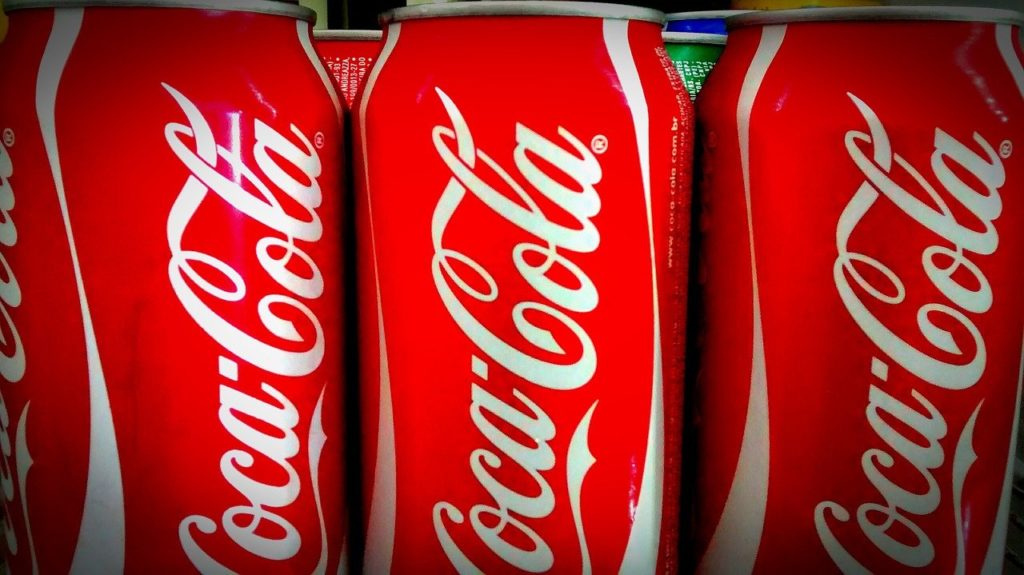Last Friday, The Coca-Cola Company issued a recall of some of its beverages because the affected products may contain pieces of metal bolts, washers or other foreign objects. First reported by Food Safety News, the recall includes 59-ounce refrigerated cartons of select Minute Maid drinks, including its Berry Punch, Strawberry Lemonade and Fruit Punch, along with 12-ounce cans of select Coca-Cola and Sprite products. Here’s everything you need to know about the Coca-Cola recall.
While the voluntary recall has not been posted on the US Food and Drug Administration’s (FDA) website, reports indicate that the affected products were distributed in Connecticut, Maine, Maryland, New Jersey, New York, North Carolina, Pennsylvania and Virginia.
Nearly 7,500 cases of drinks were included in the recall and they are marked with date codes that read Jan0322 NP, Jan0422 NP or Jan0522 NP for the Minute Maid products, and AUG 1522 WM B, AUG 1522 WM C or AUG 1522 WM B for the Coca-Cola and Sprite Products.
Both the Minute Maid and Coca-Cola beverages are set to expire in 2022, which means consumers might still have products that contain the unspecified contaminants. While the recall has been complete, meaning that the recalled products have been taken off the shelves, buyers are still encouraged to check the date codes and batch numbers on any cartons or cans in their fridges, and any matching items should be discarded. Alternatively, since The Defense Commissary Agency publicized the recall to all stores, consumers can also return the products for a full refund.
Related: Oat Nog and RanchNog: Eggnog Alternatives Just in Time for the Holidays
“This product did not meet our high-quality standards due to the potential presence of foreign matter,” Coca-Cola spokesperson Ann L. Moore told People. “We took this voluntary action because nothing is more important to us than providing safe, high-quality products to the people who drink our beverages.”
While recalls tend to address E. coli, listeria or salmonella contamination in raw produce and meat, this is not the first beverage-related recall this year. In late November, Kraft Heinz recalled some packages of its Arizona Tea, Tang and powdered Country Time Lemonade and Pink Lemonade, along with some of its powdered Kool-Aid drinks. Like the Coca-Cola recall, Kraft Heinz recalled these products due to the potential for them to contain very small pieces of metal or glass.
“The issue was first discovered during an internal review at the manufacturing facility,” the FDA wrote in a news release. “The Company is actively working with retail partners and distributors to remove potentially impacted products from circulation.”
These recalls are just a few of many in the last month involving the presence of small pieces of metal or glass. In late November, Conagra announced a recall of multiple lots of Birds Eye Broccoli Tots after two consumers alerted the company that they had hurt their teeth or mouth due to the presence of metal and small rocks in the product. Similarly, grocery chain H-E-B issued a recall because some of its jars may have been contaminated with glass.
As for the Coca-Cola recall, it remains to be seen whether the FDA will issue a statement. For the time being, consumers should double check any existing Coca-Cola beverages and dispose of them if the date codes match.












Join or login to leave a comment
JOIN LOGIN